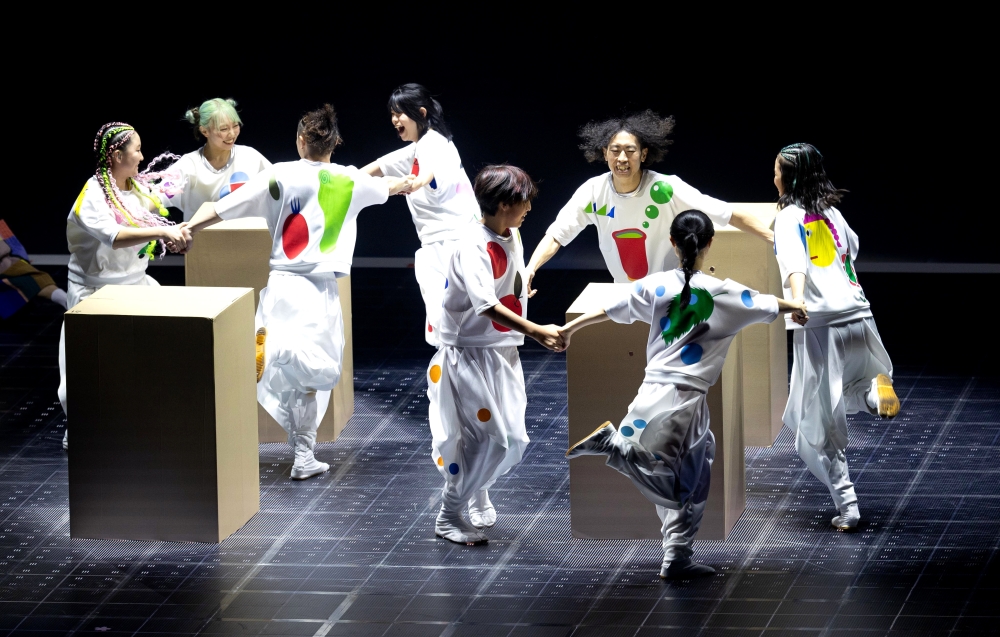TOKYO, Nov 16 — As head of an organisation advocating for the rights of deaf people, Daigo Ishibashi, 52, sees the upcoming Deaflympics in Tokyo as a ‘once-in-a-lifetime opportunity’ to raise public awareness, especially in a country where he has been fighting discrimination and prejudice, Kyodo News reported.
Born deaf, president of the Japanese Federation of the Deaf, Ishibashi has been seeking to change a society in which people with hearing disabilities are mistreated and urged to adapt to the standards of the hearing majority.
He is also working to promote the social acceptance of sign language as a step toward inclusiveness.
In an interview with Kyodo News ahead of the 12-day Deaflympics from Saturday, Ishibashi said Japan is steadily advancing toward becoming an inclusive society but acknowledged more work lies ahead to improve the situation for deaf people.
“This is going to be a once-in-a-lifetime opportunity because (the Deaflympics) will put the spotlight on deaf people and athletes,” Ishibashi said through a sign language interpreter.
Around 3,000 athletes from 80 countries and regions have registered to compete in the games, at which hearing aids are not allowed.
The federation is in charge of preparations and running the event.
Ishibashi revealed that he was not confident at first about hosting the Deaflympics in Tokyo due to a “significant gap” in public awareness.
Tokyo, where the Olympics and Paralympics were held in 2021, was officially selected as host of the Deaflympics in 2022.
Born in Shimane Prefecture, western Japan, Ishibashi has witnessed and experienced unfair treatment of people with hearing impairments since his childhood.
He was strongly encouraged to practice oralism, the use of spoken language and lipreading, to communicate when he attended regular schools from elementary through junior high.
He struggled with vocalisation and recalled being told by a junior high school teacher that his voice “sounds like an animal’s”, when a teacher prevented him from attending regular high school because of his deafness.
Ishibashi taught himself sign language in the high school division of a public school for the deaf in Shimane.
“Back then, the thinking was that we should still learn to speak despite the difficulty because we would likely struggle after graduation. Sign language was not truly recognised,” he added.
After he started working in neighbouring Tottori Prefecture, Ishibashi learned of the widespread discrimination faced by deaf people.
Some were not allowed to attend funerals, while others were forced to live in haylofts, he recalled.

Participants dazzle in traditional Malay attire at the Tokyo Deaflympics 2025 opening ceremony on November 15, 2025, highlighting Malaysia’s culture on the international stage. — Bernama pic
Outraged, Ishibashi joined the deaf rights movement and started to promote the recognition of sign language.
He contributed to the enactment of Japan’s first sign language ordinance in Tottori in 2013, and over 600 local entities have enacted such ordinances since.
The central and local governments are also urged to take measures to promote sign language under a law that took effect in June.
While progress has been made, Ishibashi sees many challenges for people with hearing disabilities in areas like sports, pointing out that there are almost no deaf referees.
“Even after the Deaflympics are over, I want to create a path to resolve these issues one by one,” he said. — Bernama-Kyodo









